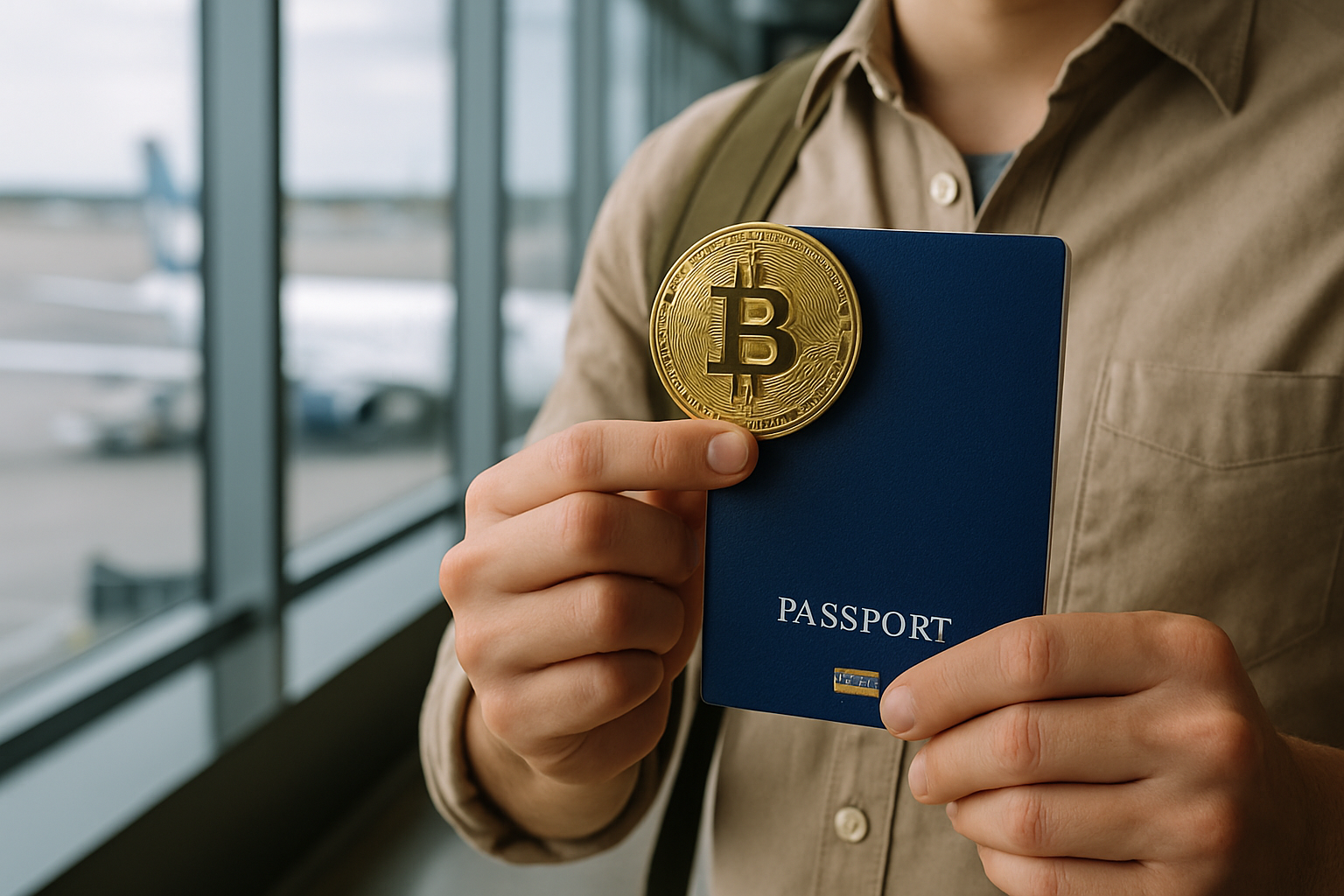An Insider's Guide to Traveling with Cryptocurrency
The advent of digital currencies has revolutionized numerous industries worldwide, and the travel and tourism sector is no exception. This article delves into the world of traveling with cryptocurrency, examining its history, current trends, and impact on the global tourism landscape.

Historical Context and Key Developments
In the last decade, digital currencies like Bitcoin, Ethereum, and Litecoin have transformed the financial landscape, influencing various sectors, including travel. Bitcoin’s inception in 2009 marked the genesis of cryptocurrency use in the travel industry. Pioneering companies like Expedia and CheapAir started accepting Bitcoin as a form of payment in 2013 and 2014, respectively, pushing the boundary of conventional travel experiences.
Current Travel Trends and Insights
Today, a growing number of travel agencies, airlines, and accommodation providers accept cryptocurrency as a valid form of payment. Crypto-travel agencies like More Stamps Global and Travala have emerged, offering travel booking services exclusively for cryptocurrency users. Moreover, the rise of blockchain technology has enhanced security and transparency in travel transactions, fostering trust among travelers and service providers.
Advantages, Challenges, and Impact
Traveling with cryptocurrency offers several advantages. It provides a secure, quick, and borderless payment system, making it ideal for international travel. It also eliminates the need for currency exchange, thereby reducing transaction costs.
However, the volatility of cryptocurrencies poses a significant challenge. The fluctuating value of digital currencies can impact travel budgets. Also, the acceptance of cryptocurrencies is not universal, limiting their use to specific service providers.
Despite these challenges, the use of cryptocurrencies in travel has had a profound impact. It has democratized travel, making it accessible to a wider audience, while also promoting a decentralized and transparent financial system.
Practical Tips and Insights
-
Start by understanding cryptocurrency and how it works before deciding to travel with it.
-
Keep track of the exchange rates as cryptocurrencies are highly volatile.
-
Use a reliable digital wallet to store your cryptocurrencies.
-
Be aware of the countries and service providers that accept cryptocurrency.
-
Understand the tax implications as some countries consider cryptocurrencies as taxable assets.
Conclusion
The integration of cryptocurrency into the travel and tourism industry signifies a step towards a more flexible, secure, and inclusive financial system. While challenges exist, the benefits it brings to the travel experience are undeniable. As digital currencies continue to evolve, travelers can anticipate a more seamless and convenient journey around the world.






